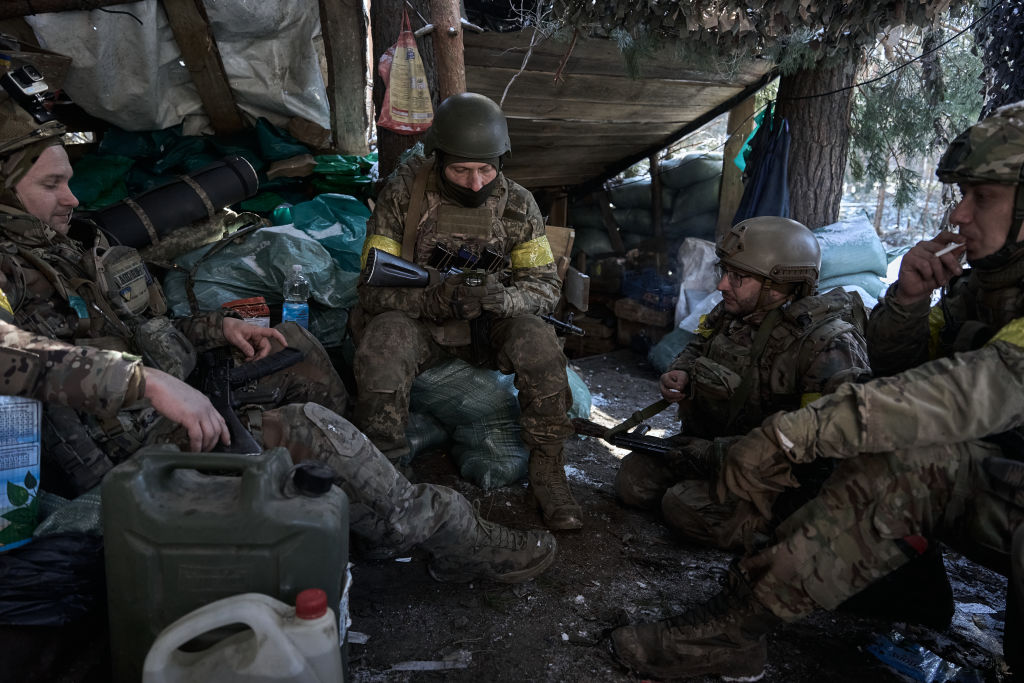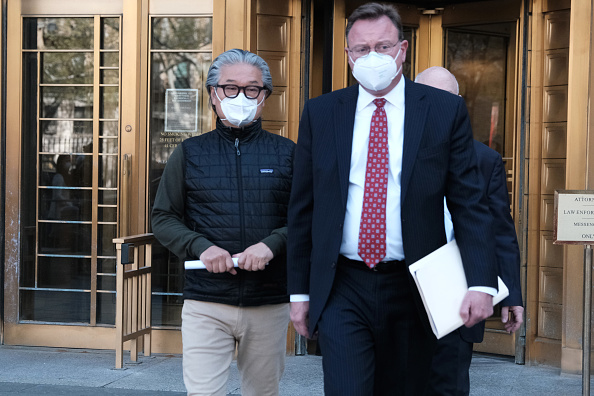Now that the general election campaign is in full flood in the UK, there have in some quarters been high hopes that a new Labour government under Keir Starmer would set in motion a process that would eventually see the UK re-joining the European Union – in the (probably) unlikely event that the Member States would agree to a return.
Last week’s publication of the Labour Party manifesto, though, showed that any such expectations were, at the very least, premature. Starmer made it clear that he is not prepared to let the divisive question of Brexit derail his new administration, which it undoubtedly would if he placed it on the agenda.
Not even conceding the possibility of a partial reunion, the manifesto ruled out any return to the single market, the customs union, or freedom of movement.
Instead, it said, Labour will work to improve the UK’s trade and investment relationship with the EU, by tearing down unnecessary barriers to trade. Amongst other things, it said, “We will seek to negotiate a veterinary agreement to prevent unnecessary border checks.”
However, one does not have to be a rabid “remoaner” – as advocates for rejoining the EU are somewhat inelegantly called by many who still call themselves “leavers” – to appreciate that this might be a popular move with the substantial number of UK food importers who still do business with EU Member States, and with the dwindling number of exporters who still sell British products to Europe.
While the EU has been reasonably effective and timely in setting up inspection systems for UK produce, the introduction of post-Brexit border checks on EU produce entering the UK has been a litany of incompetence, uncertainty and bad faith which even the succession of dysfunctional Conservative governments since 2016 would find it hard to beat, even if the bar is very low.
Unlike in most European countries, for historic reasons, UK border controls on foodstuffs — the so-called sanitary and phytosanitary (SPS) checks in Euro-jargon, now embedded in WTO agreements — are implemented by local authority port health departments, entirely independently of central government.
In order to deal with the expected torrent of previously exempt EU produce requiring inspection and clearance at the border, local authorities have been prevailed upon to invest millions of pounds in high-tech inspection facilities – known as Border Control Posts – at the ports under their jurisdictions, and to recruit and train the specialist staff needed.
No central record has been kept of expenditure, which probably runs into hundreds of millions of pounds, investments which in theory could be recouped from inspection fees. That is, except for one small detail: the implementation of the inspection system has been delayed so many times that almost everybody has lost count of the number, leaving state-of-the-art buildings empty with recently-recruited staff made redundant, and food consignments rolling through the ports unchecked.
Since the end of April, these checks were supposed to have been “turned on” in a progressive fashion, but the government – through its Department for Environment, Food and Rural Affairs (Defra) – has backed off, fearing that, despite years of preparation, full implementation would bring with it the risk of “significant disruption.”
Therefore, in a fudge that even Franz Kafka would have had difficulty dreaming up, cash-strapped local authorities have been allowed to start recovering some of their costs by imposing inspection fees of up to £145 on every incoming consignment, on the strict understanding that they will not inspect them at anything like the planned rate.
For how long the inspection system will be suspended, in whole or in part, no-one actually knows. From past form, it seems probable that the secrets of cold fusion will be cracked before there is a fully functional inspection system in place.
In the meantime, importers are squealing that inspection costs will “add billions” to consumer food bills, at a rate of £330 million per annum – a sum which traders believe to be an under-estimate – ramping up food inflation by the small but significant amount of 0.2 per cent over three years.
Given this chaotic and embarrassing farce – where comparisons are being freely drawn with the inability to facilitate heavy beverage consumption inside breweries – it is entirely sensible for Starmer to seek ways of swerving this Tory train-wreck.
In looking to revert to what amounts to the status quo ante, though, Starmer and his advisors are displaying a characteristic prevalent amongst the British political classes.
Essentially, after decades of not talking about “Europe,” most politicians know next to nothing about the construction of the EU or how it works, only the rare exceptional politician knowing the difference between the single market and the customs union, with even less idea of the rules governing their structures and functioning.
And it is there that the brave new world of Starmer’s “veterinary agreement” is going to come thoroughly unstuck. Although the manifesto talks glibly about ruling out any return to the single market, what Labour clearly fails to understand is that the EU’s SPS regime (known internally as “official controls”) is a core part of the Single Market to the extent that it is inseparable from it.
Furthermore, the regime is the oldest-established and most fully developed part of the single market, with a comprehensive but diffuse acquis that spans multiple legislative chapters taking in thousands of directives and regulations, covering a bewildering (and almost incomprehensible) array of technical and procedural measures.
Yet only when the full and unconditional conformity with the entirely of that acquis is secured – including adherence to flanking policies – is the privilege of free movement of goods afforded, where cross-border movement of SPS goods is permitted without checks. But that conformity requires a degree of structural integration and harmonisation of standards that is normally associated with full EU membership, or participation in the European Economic Area (EEA).
The status of the UK that achieved that level of integration, however, would be indistinguishable from full membership of the EU in important respects, a status which would be politically unacceptable within the UK and, without membership, unacceptable to the EU.
Many nations which have signed comprehensive trade agreements involving trade in SPS goods have settled on detailed veterinary agreements, but none have been afforded the jealously guarded privilege of check-free trade. Even the country with probably the most advanced meat hygiene rules on the planet, New Zealand, has only been able to negotiate partial exemptions on checks and modest discounts on inspection fees.
While the UK already has what amounts to a veterinary agreement, embedded in the EU-EU Trade and Cooperation Agreement, its broad-based trade is in no way comparable to New Zealand, so the chances of the UK getting any further concession are effectively nil.
The EU will continue to inspect imports from the UK and while the UK government has to manage import checks, as long as it is outside the EU’s “official controls” matrix, it is bound by WTO “equal treatment” rules to inspect EU produce on the same basis as rest of the world (RoW) produce.
In other words, Starmer’s manifesto is an attempt to inject a flow of warm liquid into a fast-moving airstream. It ain’t going to fly.





Zelensky drags America into war, or Zelensky loses